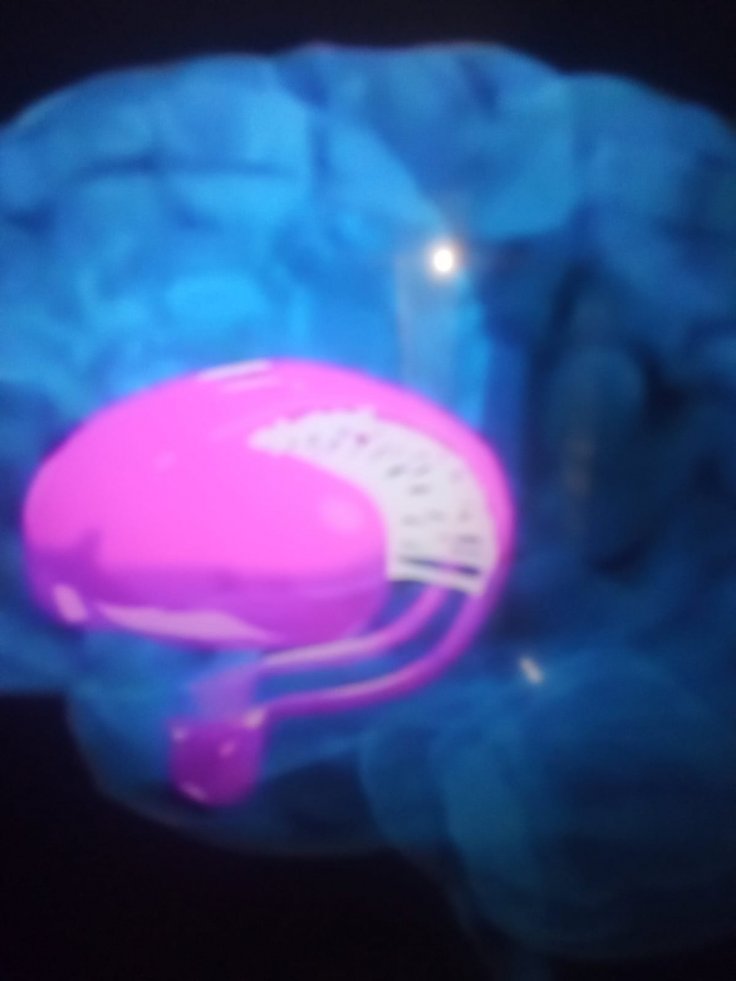The US government has disclosed that some of its diplomats stationed worldwide, afflicted with the mysterious 'Havana Syndrome,' may have fallen victim to targeted attacks involving sonic weaponry linked to Russia. This revelation contradicts previous assertions from US officials, who did not initially attribute the incidents to energy weapons or foreign adversaries.

Recent findings, detailed in a joint report by Insider, Der Spiegel, and CBS's 60-Minutes, propose that sonic devices developed and utilized by Unit 29155 of the Russian GRU could be responsible for the Havana Syndrome occurrences. However, the Kremlin has promptly dismissed these claims, denouncing them as baseless accusations lacking substantial evidence.
Havana Syndrome manifests with a diverse array of symptoms spanning cognitive, visual, auditory, behavioral, and emotional domains. Common initial indicators include hearing loud, high-pitched noises or buzzing, coupled with sensations of pressure in the head or ears. Additional symptoms encompass memory and concentration issues, dizziness, headaches, nausea, heightened irritability, hearing loss or sensitivity, tinnitus, visual disturbances like light sensitivity, fatigue, and disruptions in sleep patterns, ranging from difficulty falling asleep to alterations in sleep duration. It was first emerged in 2016 among diplomats stationed in Cuba's capital. Similar incidents have since been reported among embassy staff in China, Europe, and even Washington DC.
The duration and severity of symptoms vary depending on factors such as the individual's proximity to the perceived source of the phenomenon and their overall health. Despite extensive investigations, the exact cause of Havana syndrome remains unknown. Theories include exposure to directed energy (such as microwaves or sonic waves), chemical or environmental factors, or even targeted attacks by foreign governments using sophisticated technology.
Notably, the report highlights a disturbing case involving an FBI official, known only as Carrie, who experienced Havana Syndrome symptoms while investigating a suspected Russian spy in the US. Carrie described feeling a "crippling force" while at home in Florida, leading to immediate illness and hospitalization.
While the precise cause of Havana Syndrome remains elusive, suspicions have increasingly turned towards Russia, especially given past instances of alleged Russian involvement in similar incidents. Despite investigations by multiple intelligence agencies ruling out direct links to Russia in 2023, speculation persists, fueled by ongoing reports of afflictions among US officials worldwide.
The US response to Havana Syndrome has included legislative action, such as the passage of the Havana Act in 2021, aimed at providing support to affected personnel and their families. US Secretary of State Antony Blinken reaffirmed the government's commitment to investigating the matter and ensuring the well-being of those impacted, amidst continued reports of new cases in locations like Paris and Geneva.









